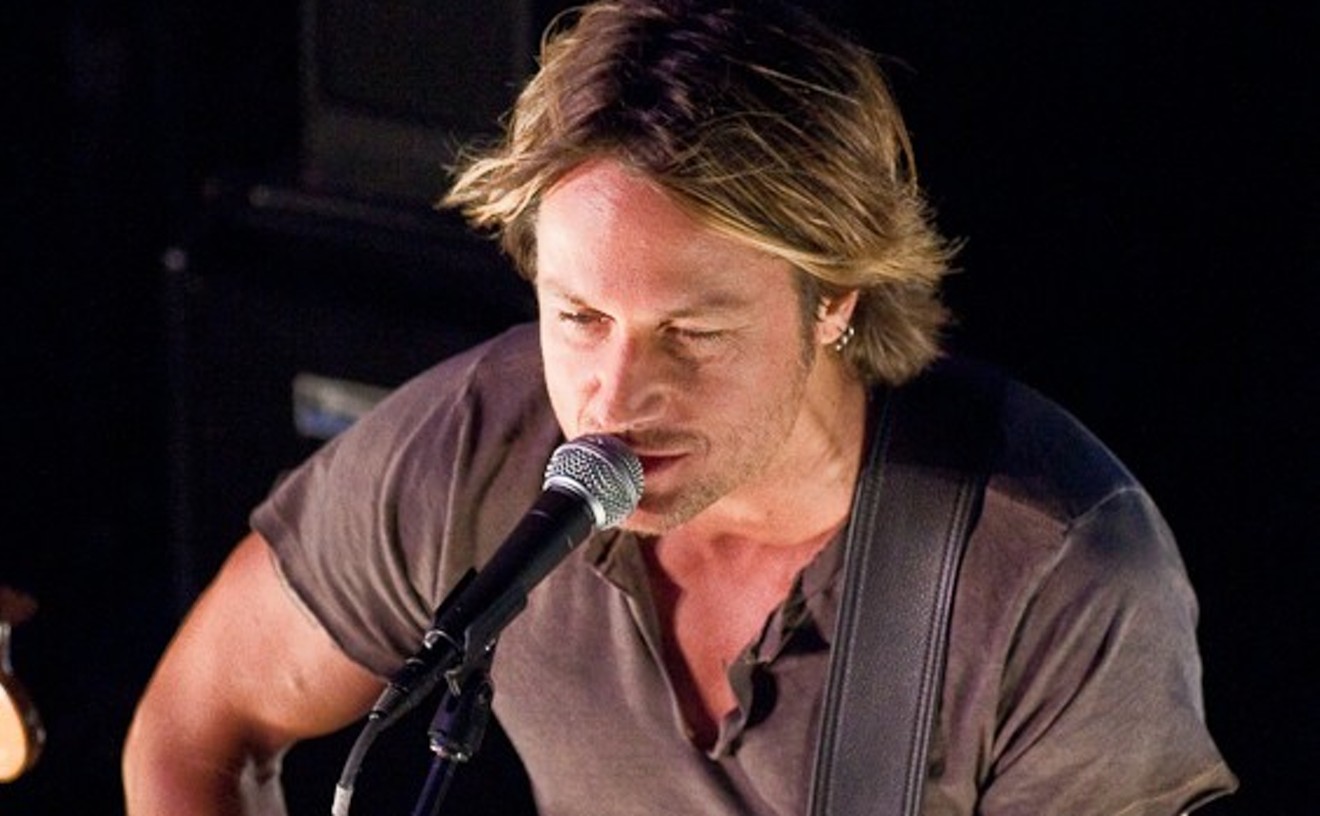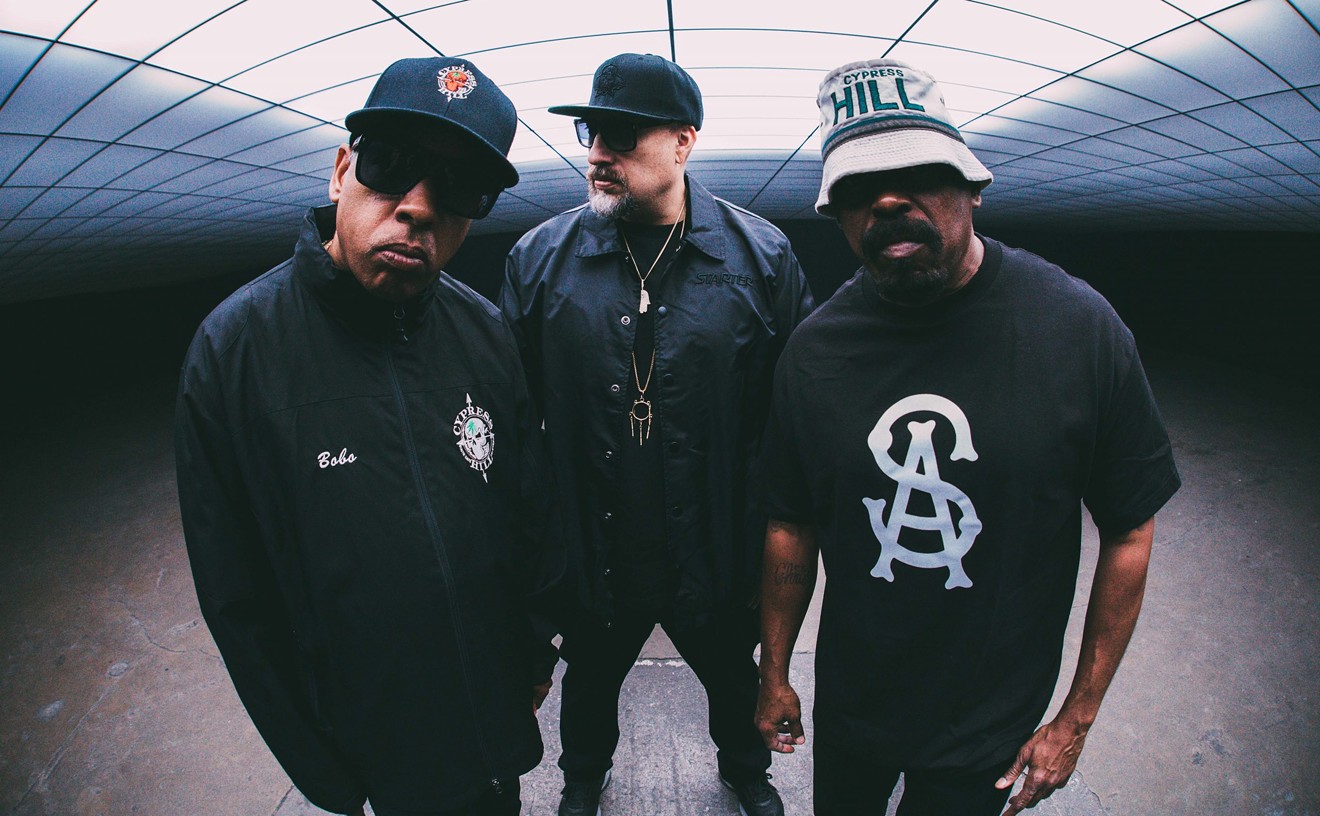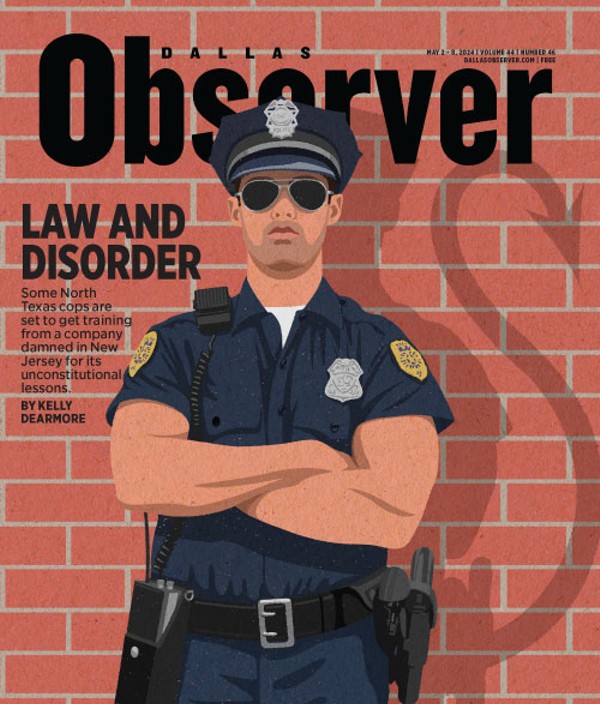This year's Fuse is the big, drippy painting for which Trampoline was the pencil sketch. Henry has enlisted fellow ex-purist (and Fort Worth native) T Bone Burnett to produce. The latter pulls out hyper-real production tricks similar to those he deploys for wife Sam Phillips (though with a touch less irono-pop gloss), and plenty of sonic incongruities to defamiliarize the territory. The sax break in "Angels" comes out of nowhere, as does a burst of rapid-fire toasting -- presumably not Henry -- in the dub-lite of "Fat." Several intros and outros paste in bits of found spoken word from a '70s poetry reading by one George Seerdorf. (No, he's no one famous.) Even when the component sounds are fairly organic, the overall feel is as icy as late Steely Dan, with liberal doses of wah-wah, suspended chords, and unobtrusive jazz-tinged drums. The seams really start to show on the last cut, "We'll Meet Again," a sentimental obscurity from 1939 that's given a quick, thoroughly synthetic arrangement, framed by field-recorded fireworks and a selection of television sound bites. It's a bit pat, all this Samuel Beckett include-the-mess stuff, but it's one antidote to the arguably too-predictable surface of Henry's more traditional records.
All these bells and whistles may distort the surface of the songs, but they never touch their structure. It's all still verse-chorus-verse, and the lyrics are written with obvious care. Even on Trampoline, Henry was a storyteller at heart, but here, he's less interested in the completed narrative arc than the obliquely suggested emotional state. "Monkey" and "Want too Much" both pile on the oddball details ("I'll keep your monkey/I'll treat him good") in the verses and universalize the situation in the hook line ("Maybe someday you'll come back to me"). And "Like She Was a Hammer" is a case history in romantic dependence, comparing the Desired One to everything from an anvil to "Roosevelt's funeral in the street." It's probably the best song on Fuse, and it's also got one other thing Henry can't change-his voice, a broke-down croon, especially expressive here and on the slice-of-life "Great Lake." The singer himself has described it as "someone who sounds like William Burroughs but thinks they sound like Bobby Womack," and I can't do much better. In the end, whether he sings over mandolins, loops, or radio static, Joe Henry can never quite escape his true identity as that most commercially doomed of entities, the mildly literary, vocally intimate American singer-songwriter.
-- Franklin Bruno










